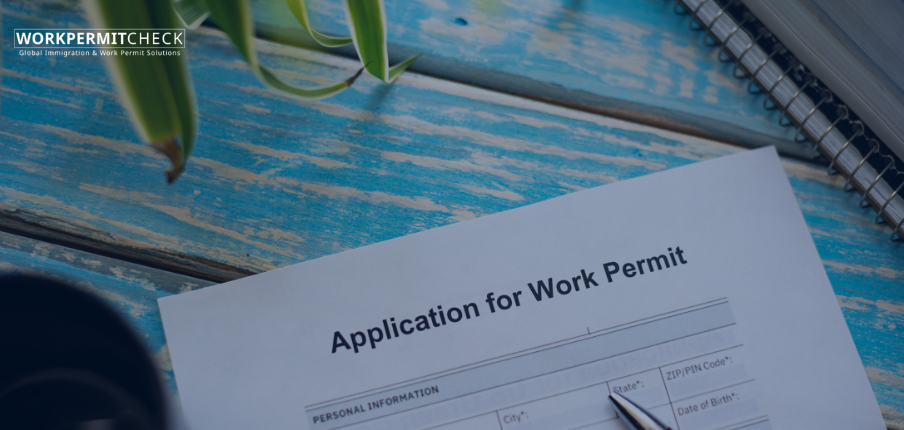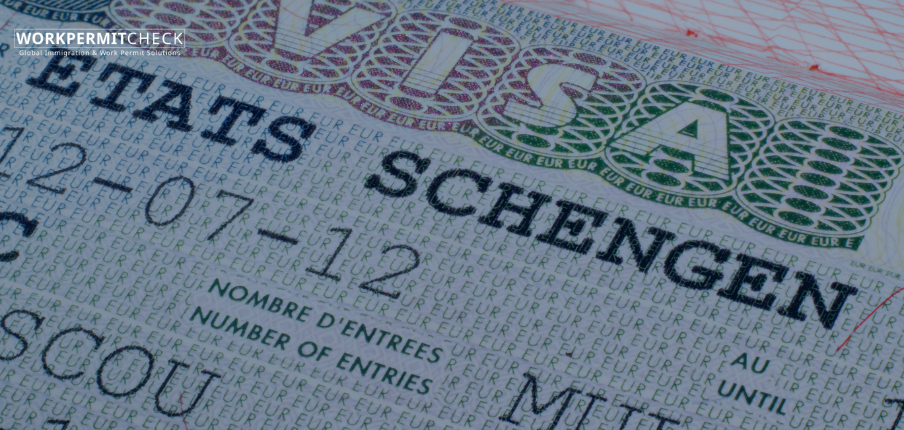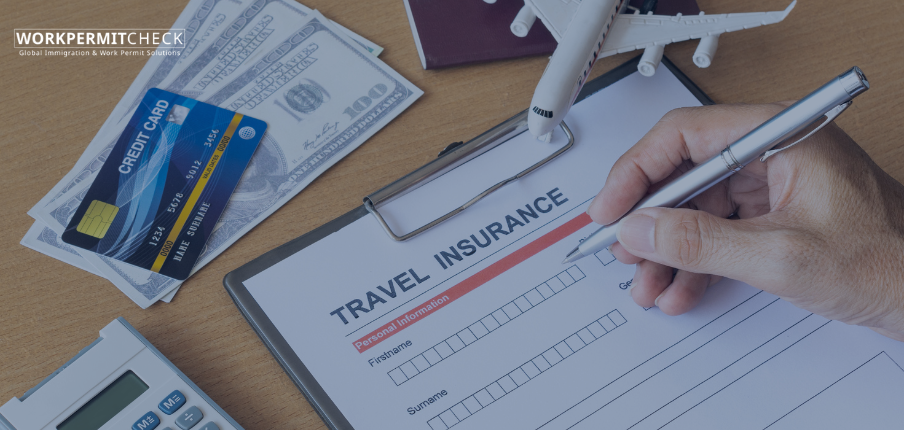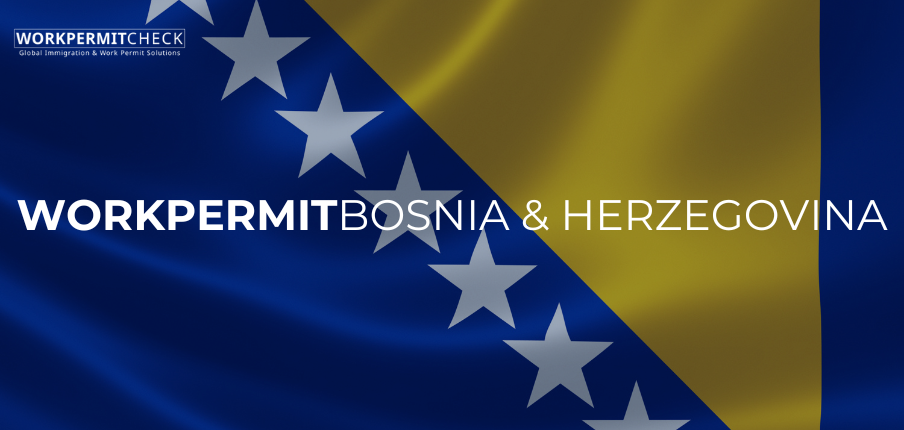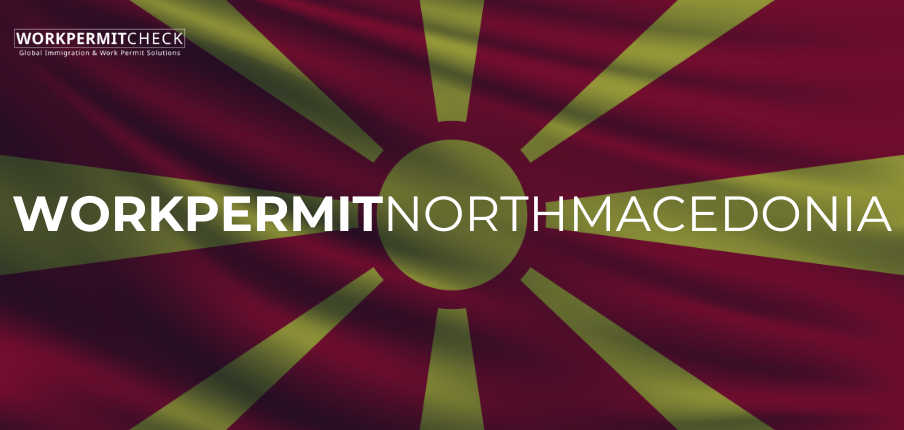In the age of digital transformation and flexible work arrangements, many professionals are asking: Can I work remotely while on a work permit? The answer isn’t as simple as "yes" or "no"—it depends on the country, the type of work permit, and the nature of your employment. This guide will help you understand when remote work is allowed, the legal limitations, and how to stay compliant with immigration rules.
What Does "Remote Work on a Work Permit" Really Mean?
Before diving into specifics, let’s define the question:
-
Scenario 1: You hold a work permit in a country and want to work from home for a local employer (same country).
-
Scenario 2: You hold a work permit and want to work for a foreign employer (outside the country that issued the permit).
-
Scenario 3: You are on a work permit but want to freelance or consult for clients anywhere, without being tied to one employer.
Each of these scenarios can carry different legal implications depending on the laws of the host country.
Scenario 1: Remote Work for a Local Employer
If your work permit is tied to a local employer, you can generally work remotely within the country, as long as:
-
You are doing the job specified in your contract.
-
You remain physically present in the country.
-
Your employer allows remote arrangements.
For example:
-
A software engineer in Germany on a work permit tied to a German company may be allowed to work from home within Germany.
Key Point: Remote work within the same country is usually permitted if it doesn't conflict with the terms of your work permit.
Scenario 2: Working Remotely for a Foreign Employer While Holding a Local Work Permit
This is a legal gray area in many countries.
Why It Can Be Problematic:
-
Work permits are usually employer-specific. If your permit was granted based on employment with a local company, working for a foreign employer may breach the conditions of your stay.
-
Tax complications may arise. If your income comes from abroad, you might still be considered a tax resident of the host country, and failing to declare income could be a violation.
-
Employment laws may not cover remote work for foreign companies, leaving you unprotected if disputes arise.
Countries with Strict Policies:
-
In countries like the United States (H-1B), United Kingdom, and Singapore, working for an employer other than the one listed on your work permit is not allowed.
-
Switching to remote freelance work or foreign employment may require you to change your visa category or leave the country.
Scenario 3: Freelancing or Self-Employment While on a Work Permit
If your work permit is not a freelance or self-employment visa, freelancing is typically not allowed. In most countries, a regular employment-based permit:
-
Does not authorize you to run a business.
-
Does not cover side gigs or contract work.
-
Is limited to the job and employer listed in the application.
To freelance legally, you may need to apply for a self-employment permit or entrepreneur visa, depending on the country.
Remote Work While Waiting for a Permit
Some professionals ask whether they can start working remotely while waiting for their work permit to be approved. The answer is generally no. Most countries do not allow you to work (remotely or otherwise) until your permit is officially granted and your status is legal.
Special Cases: Digital Nomad Visas
If your goal is to live in one country while working remotely for a foreign employer, look into digital nomad visas. These are designed for remote workers, freelancers, and entrepreneurs and typically:
-
Do not require employer sponsorship.
-
Do not allow work for local companies.
-
Are issued for 6–24 months and sometimes renewable.
Countries with digital nomad programs include:
-
Estonia
-
Portugal
-
Croatia
-
Barbados
-
Greece
-
Costa Rica
Note: These are not work permits in the traditional sense and do not allow participation in the local job market.
Tax and Legal Considerations
Even if remote work is legally allowed, it can raise tax and labor law issues:
-
You may owe taxes in the country where you reside, even if your employer is abroad.
-
Social security contributions might be required depending on bilateral agreements.
-
Double taxation treaties may apply, so consult a tax advisor familiar with international work arrangements.
Summary: Key Questions to Ask
Before working remotely on a work permit, ask yourself:
-
Is my work permit tied to a specific employer?
-
Am I physically residing in the country that issued the permit?
-
Is the work I want to do covered by the scope of the permit?
-
Am I subject to local tax laws?
-
Do I need a different type of visa (e.g., freelance or digital nomad)?
Conclusion
Working remotely while holding a work permit is possible in some situations—but only within certain legal boundaries. Whether you're working from home for a local employer or considering working for an international client, it's important to understand your work permit’s conditions, consult with immigration professionals, and stay fully compliant with both immigration and tax laws.
If remote work is your long-term goal, you may want to explore digital nomad visas or freelance-specific permits, which are more aligned with today’s flexible, borderless work culture.
April 19, 2025






